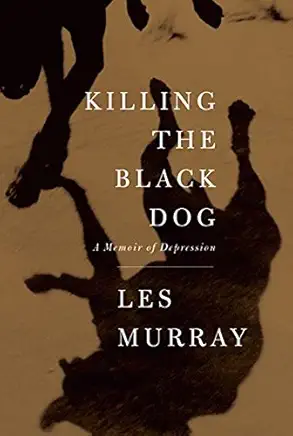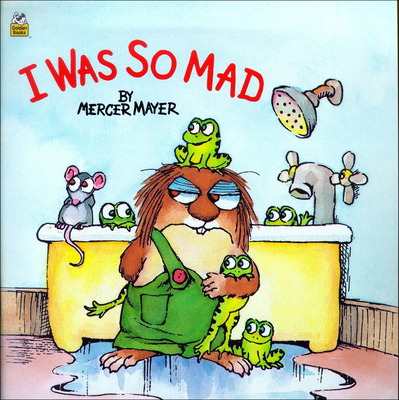
description
m Sydney back to his birthplace in the rural New South Wales hamlet of Bunyah, Les Murray was struck with depression. In the months that followed, the "Black Dog" (as he calls it) ruled his life. He raged at his wife and children. He ducked a parking ticket on grounds of insanity, and begged a police officer to shoot him rather than arrest him. For days on end he lay in despair, a state in which, as he puts it precisely, "you feel beneath help." Killing the Black Dog is Murray's recollection of those awful days: brief, pointed, wise, and full of beauty in the way of his poetry. The prose text--delicately balanced between personal and informative--gives a glimpse of the imprint that depression can leave on a life. The accompanying poems show their roots in his crisis--a crisis from which, he reports toward the close of this poignant book, he has fully recovered. "My thinking is no longer jammed and sooty with resentment," he recalls. "I no longer wear only stretch-knit clothes and drawstring pants. I no longer come down with bouts of weeping or reasonless exhaustion. And I no longer seek rejection in a belief that only bitterly conceded praise is reliable." Killing the Black Dog is a crucial chapter in the life of an outstanding poet.
member goods
No member items were found under this heading.
Return Policy
All sales are final
Shipping
No special shipping considerations available.
Shipping fees determined at checkout.







